Board Game Review: Voluspa
June 2, 2014 by brennon
"In the oldest poem of Norse Mythology, the Voluspa tells the story of the endless struggle of powerful Gods, dangerous creatures and forgotten races. Every time the story unfolds differently, a new force rises to dominance..."
That is the introduction to Voluspa by Scott Caputo and published by White Goblin Games. As some of might know I do love pretty anything to do with the Dark Ages and Vikings with their amazingly colourful myths and legends are pretty much top of the pile. So, when I saw this game a few months ago it was front and centre on my radar. I'd watched a few reviews of it and liked the amazing artwork (more on that later) and the mechanics seemed incredibly sound. So, at the UK Games Expo this past weekend I sought it out and thankfully one stockists had a copy. The weekend was a furious mix of reading the rulebook and getting ready to play the game. So far, it's lived up to expectations.
Take It To The Holmgang
Voluspa is an abstract tile laying game that appears quite simple at first but will have you pondering and thinking up strategies as soon as you get a few turns in. The basic mechanic of the game is that if you have the highest value tile on a row or column then you score as many points as there are tiles in that respective row or column. Simple right? Much like a game like Quirkle or Carcassone you'll be seeing obvious moves fairly quickly and looking to make up patterns to support later plays. Having the highest number however isn't the only way to win points.
While Thor and Odin are basically high numbers in the game the other tiles have both a value and a special power associated with them. Trolls block you from placing around them, Dragons can be lain on-top of another tile cancelling it out, Skadi can hunt down a tile and swap places with it, and Fenrir has a changeable power dependent on how many of his kin are in a row or column. As you can immediately see it becomes decidedly more tactical as soon as you start looking at the tiles and where they should be placed. Valkyrie's for example love being placed at the end of rows or columns. If they are able to cap off either end they'll win regardless of the points within it. Last but not least Loki changes all of the values around his tile to zero meaning he is quite the 'trickster' as seems appropriate. With rows and columns only being allowed to reach seven tiles in total you'll have to do some deep thinking.
That's pretty much it in terms of mechanics for the game and once you've played a few rounds you will get your head around the different powers and how useful they can be. It can be tempting to just go big straight away with Odin and Thor tiles but underestimating lower value tiles with special powers can lead to your undoing. One thing I've found is that you should never be afraid to start a new row or column. It's tempting to keep messing with existing ones but you're unlucky to score many points, if any. Using tiles strategically to open up new opportunities and scupper others works very well indeed.
There is an expansion within the box exploring the Saga of Edda adding in the Hel, Jotunn, Sea Serpent and Hermod tiles to the game. These tiles are pretty insane with Hel essentially sending tiles to their death and creating gaps in the line. She really does effect the game if played right, mixing up easy scores people thought were safe. Jotunns can push other tiles stopping big Odin and Thor tiles for example from claiming lines. Sea Serpents are able to score rows and columns regardless of the gaps in them and finally Hermod allows you to chain score rows and columns until you run out!
The expansion in the same box means you have oodles of replayability right away and there is even another one available if you're still not done, Order of the Gods.
As Beautiful As Freya?
Considering the game is a euro (mechanics focused over theme) it has some gorgeous looking artwork. Every single tile is adorned with some amazing looking artwork by Piero and it's a joy to look at the whole thing once it's been laid out on the table. Each of the tiles is made with hardy stock and everything upon them is clearly visable at a quick glance. As well as the tiles you'll get yourself a scoreboard, wooden markers and even some +50 and +100 markers for when you make it round the board once, a nifty addition. The rulebook is also really easy to understand. I got it, and I hate reading rulebooks!
As good as the game looks it really isn't that important to the overall game. The theme could more or less be anything you like, it just so happens that Vikings and Norse Mythology works very well with the way tiles interact. Odin is of course the big eight, Loki is the number changing trickster, and the Dragon smashes apart anything in it's way. It all makes sense and the Gods and creatures they've chosen match up well to their mechanics. As I mentioned however the theme is taking back seat here to the actual mechanics.
With that said it shouldn't be underestimated how good the game looks. A lot of eurogames do look terrible and it's nice to find one that looks utterly spectacular on the tabletop.
Worthy Of The Sagas?
As I mentioned before I don't really do eurogames. I prefer my Ameritrash dripping with theme and more fun than fair. I shouldn't like this game though right? Well, I seem to have turned a corner because the game totally has me hooked. It is a lot more strategic than you might imagine at first glance and while the theme is fairly pasted on it does bring the game to life and give it a sense of grandeur. As I say, it looks wonderful when the game is finished and you look at what you've created.
If you like abstract games, vikings, tile laying and the whole 'easy to learn, hard to master' mantra than this could be a great addition to your collection.
I heartily recommend Voluspa!
"...it's a joy to look at the whole thing once it's been laid out on the table"
Supported by (Turn Off)
Supported by (Turn Off)
Supported by (Turn Off)





























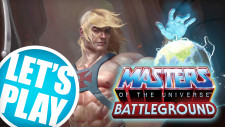

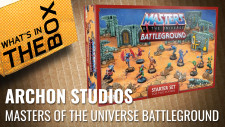


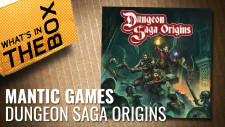
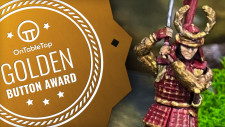

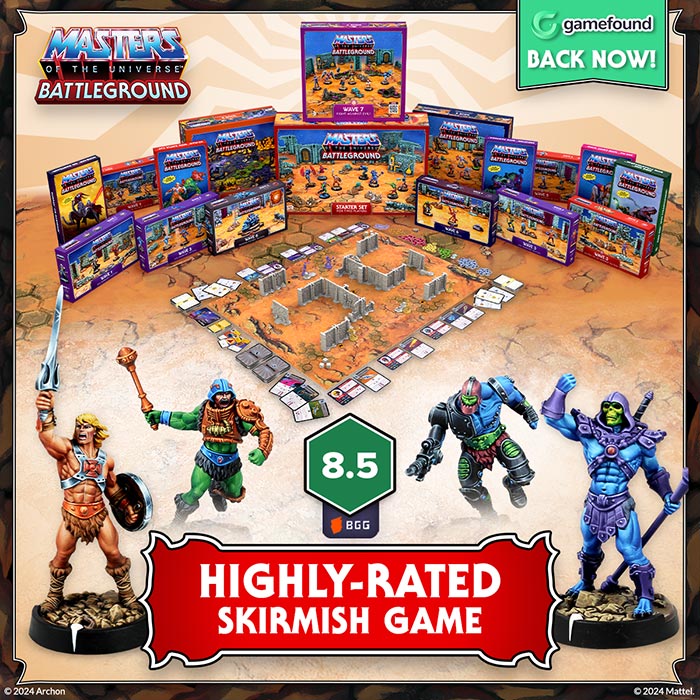



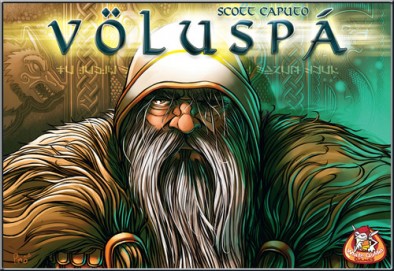
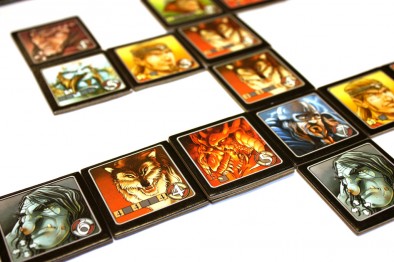
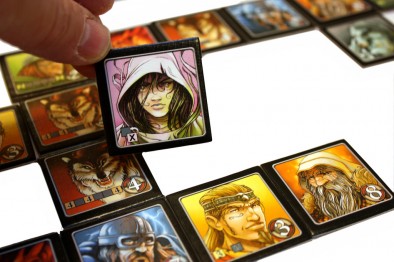
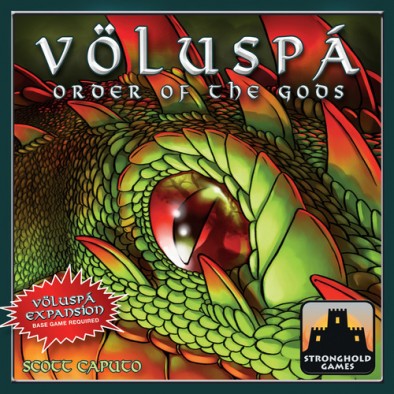
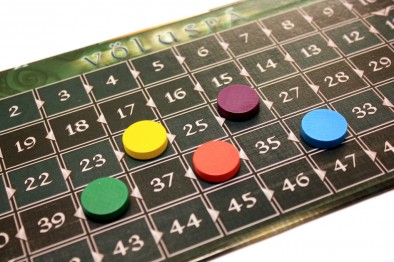
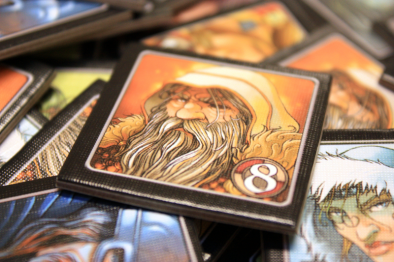
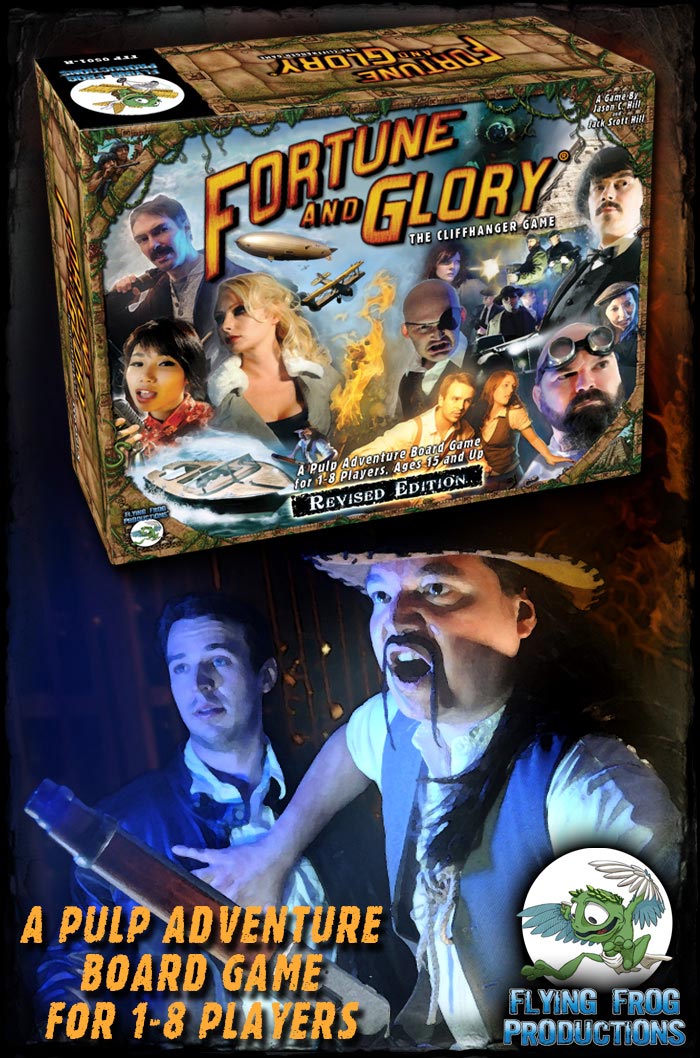


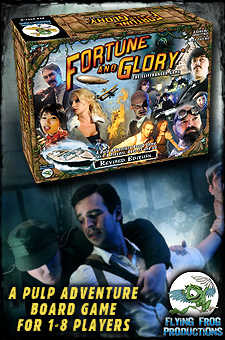
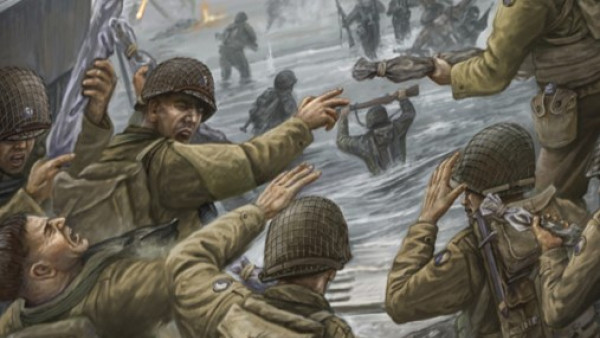
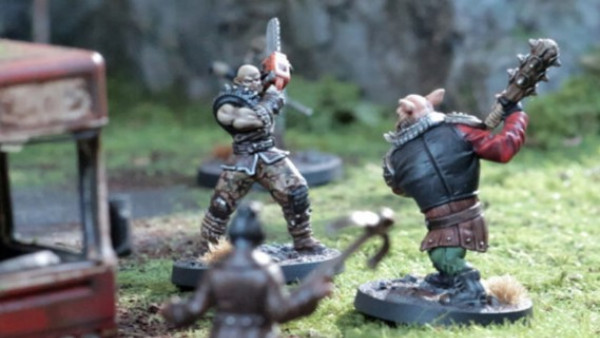
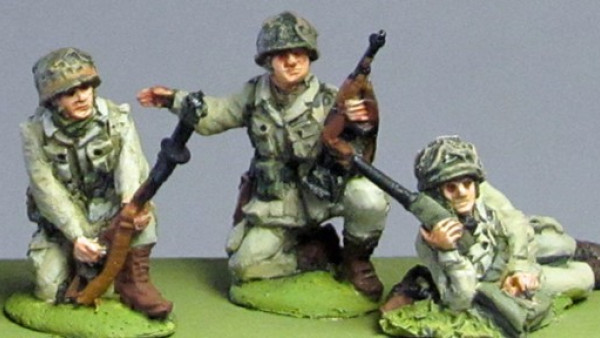
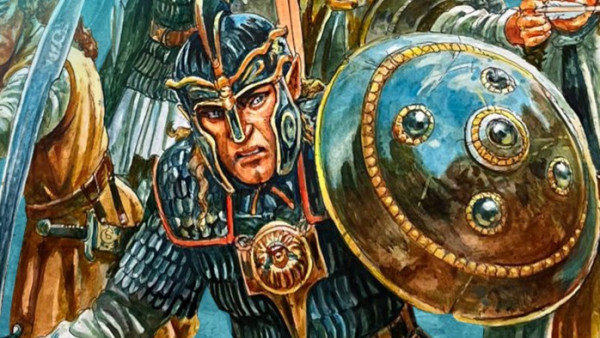
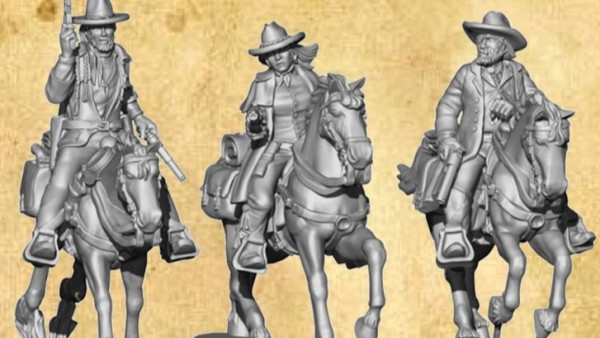
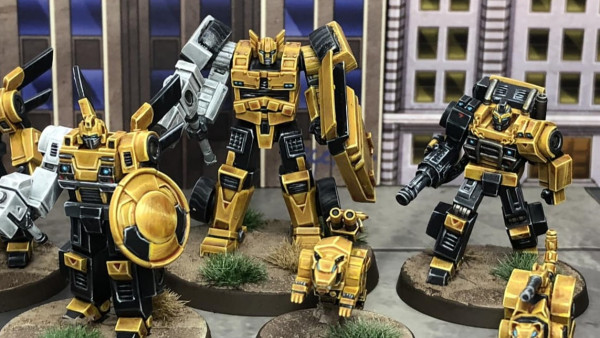
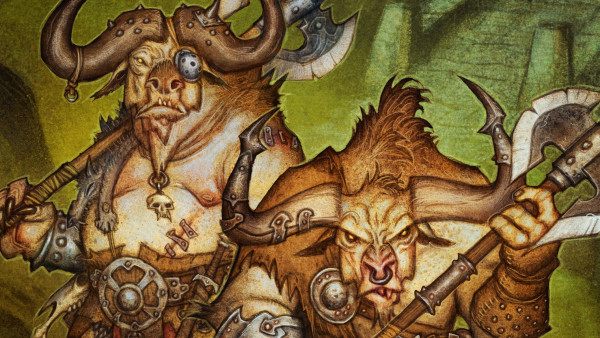
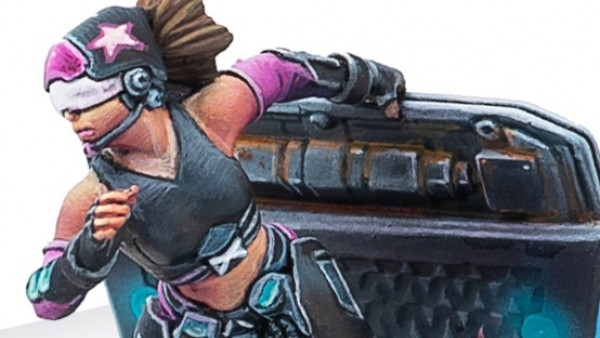
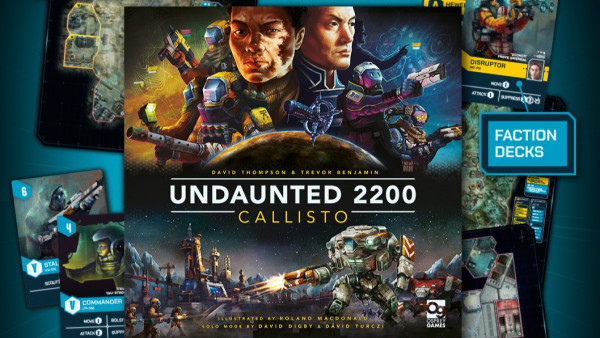
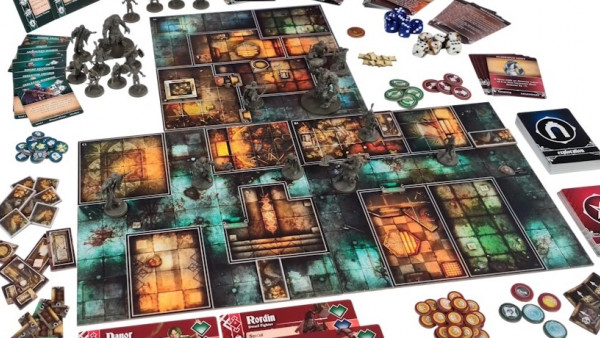

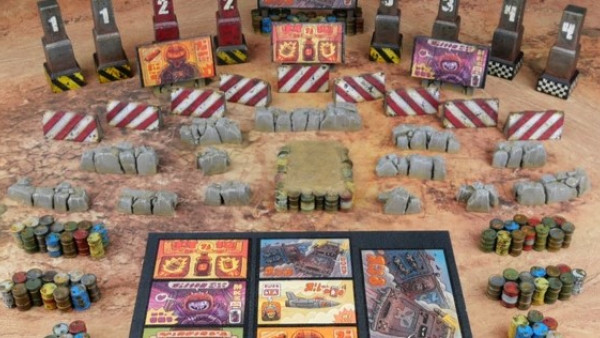
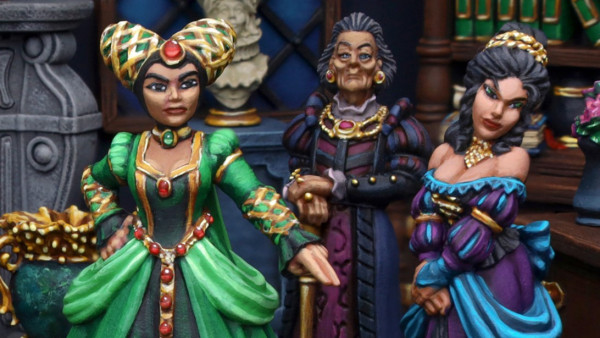
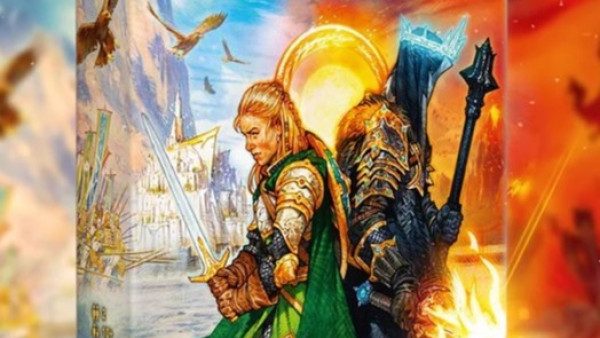



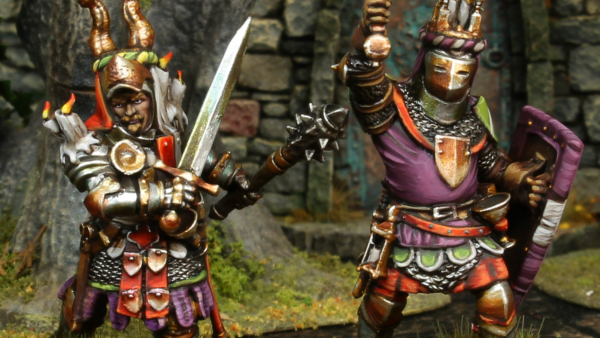
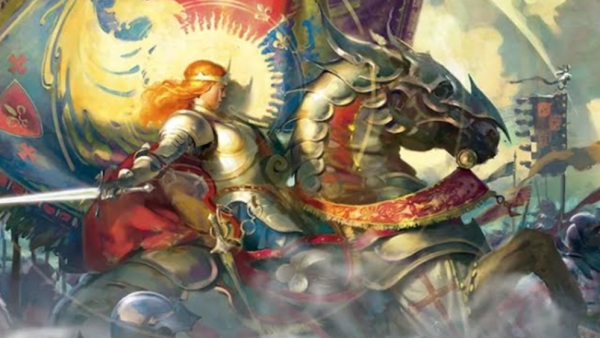
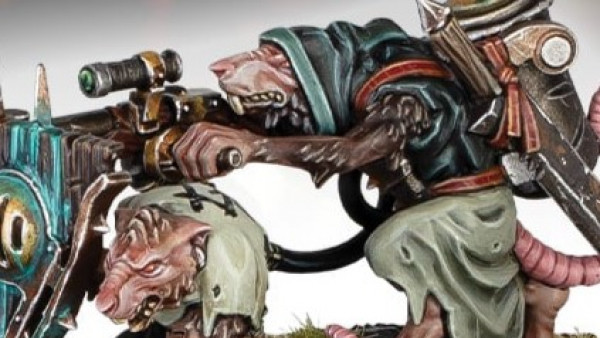
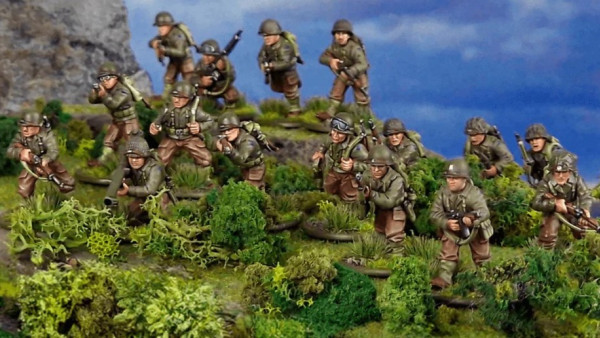


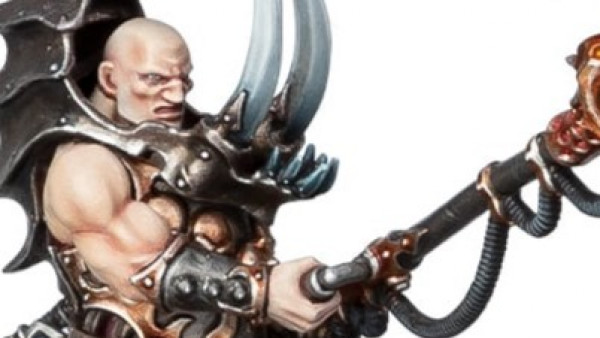
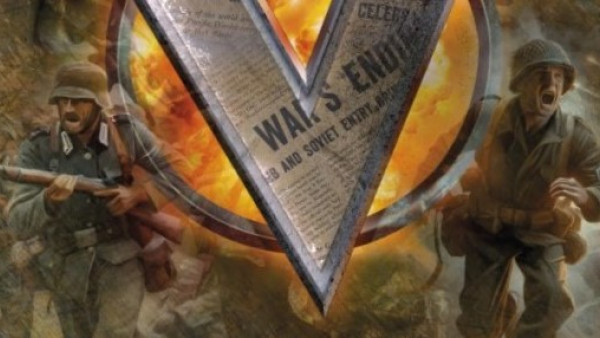

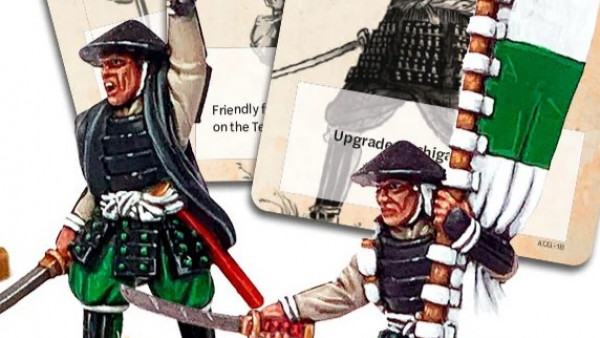
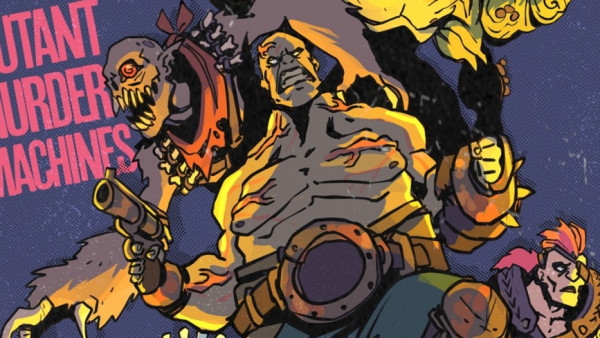


Good to know, I’d like to get to know more about Norse Mythology, and this is a great example of mythology as theme.
The theme of this game is pushing all the right buttons for me as well. Although I am primarily a wargamer, it seems to have all the qualities of a very good occasional game. Easy to learn but has hidden depths.
I’m glad I’ve seen this.
RE: “I prefer my Ameritrash dripping with theme and more fun than fair.”…Glad to know we do something right on this side of the pond 😉 The game seems like it could quickly become addicting, simple at first but you seem to be able to play it for hours. It also seems to be a great starter game for teaching chess like strategy and planning.
The defining moment with the game was that I finished and immediately wanted to play again because I’d got another idea about a different strategy. I think that speaks volumes for the mechanics.
This looks like a lot of fun, I’ll have to grab a copy.
As well as being from White Goblin you can get it via Stronghold Games as well just to let you know 🙂